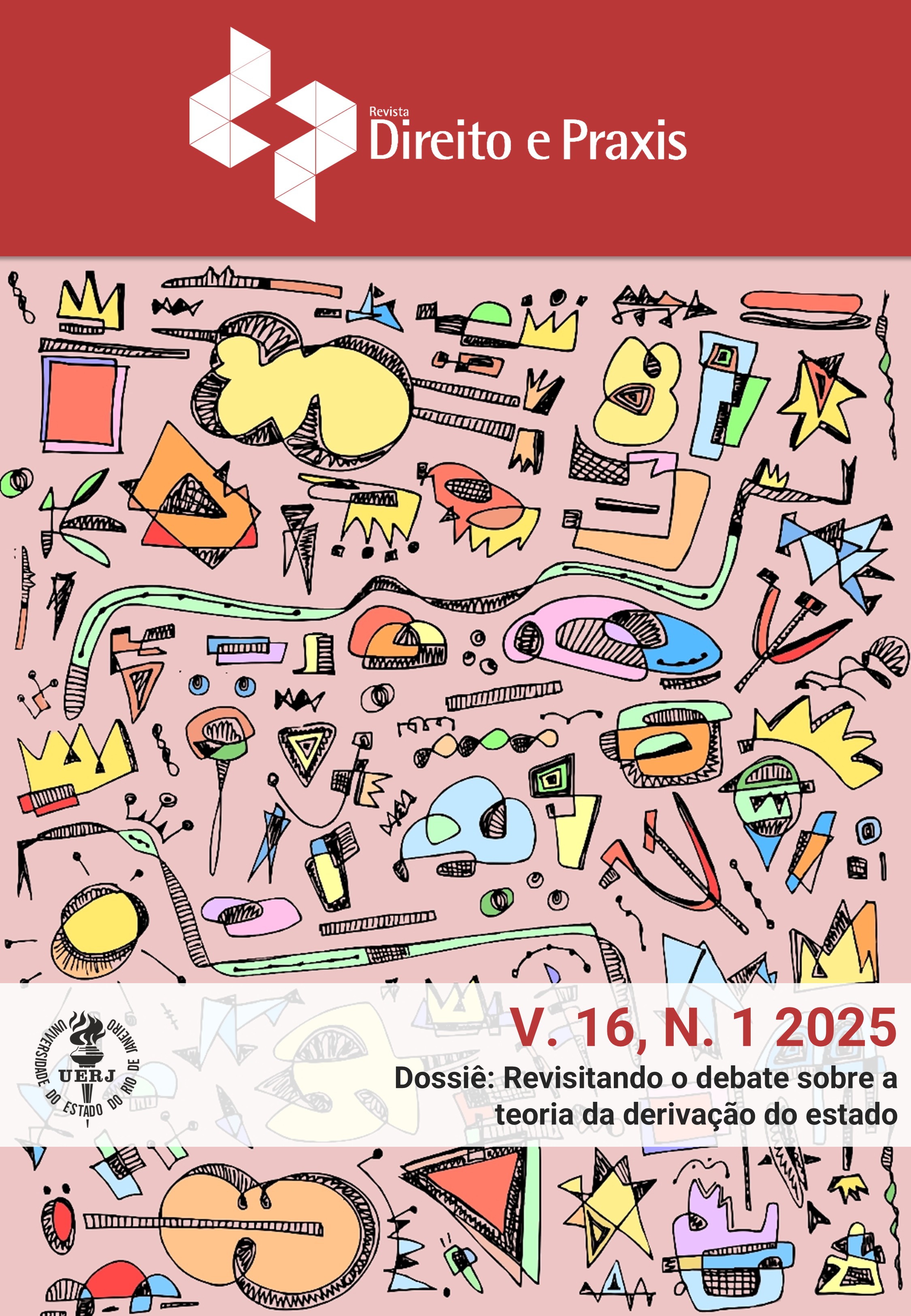Notes on imperialism and derivation
Reconstruction of the categorical logical order
Keywords:
Imperialism, Logical Order, Intermediate CategoryAbstract
https://doi.org/10.1590/2179-8966/2025/88997
In the early 1970s, Marxists from various currents launched into a systematic study of the state. The German debate on the derivation of the state, which is the one that interests us here, built bridges with the debate on the world market vis-a-vis the problem of imperialism. In relation to the world market and imperialism, it was observed that a more complete understanding of the state was necessary. Research aimed to explain, among other issues, the functioning of the law of value, the accumulation process and exchange rates on the scale of the world market based on the mediation of states (ALTVATER, 2017; OSORIO, 2019). An implicit conception of the state was in these contributions, but the link between both phenomena had not been established. Claudia von Braunmühl (2017) took on the task of establishing the internal relationship between the world market and states. Thus, she undertook the task of deriving the state from the world market, thus also seeking to explain the phenomenon of imperialism in a critical manner. In this context, Joachim Hirsch (2017) pointed out that the intrinsic relationship between the phenomenon of imperialism and the state was found in the process of accumulation. Simon Clarke’s (1988) empirical research work on England resulted in a historical demonstration of the connection between accumulation, domination, class struggle and imperialism and showed that this phenomenon was driven by crisis, i.e. class struggle (CLARKE, 1988). In the following lines we will continue with this enterprise. Our objective is to establish the logical link between state, world market and imperialism. We will show, then, that imperialism is an intermediate category both at the logical and historical level. We will point out that it supposes a specific mode of articulation of the economic and the political at the global level (historical order); it implies a historical ordering of the international system of states and the world market that supposes a mode of subordination of work mediated by competition (historical order); and, in this sense, it functions as an organizer of the international legal system (logical order).
Downloads
Downloads
Published
How to Cite
Issue
Section
License
Copyright (c) 2025 Rodrigo Federico Pascual (Autor/a)

This work is licensed under a Creative Commons Attribution 4.0 International License.
The authors the sole responsibility for their texts.
It is allowed the total or partial reproduction of the articles of the Journal Law and Praxis, if the author is mentioned.
This work is licensed under a Creative Commons Attribution-Noncommercial-Share Alike 4.0 Unported License.
This license allows you to copy and redistribute the material in any medium or format for any purpose, even commercial, provided the original authorship is cited.
This work is licensed under a Creative Commons Attribution 4.0 International License.



